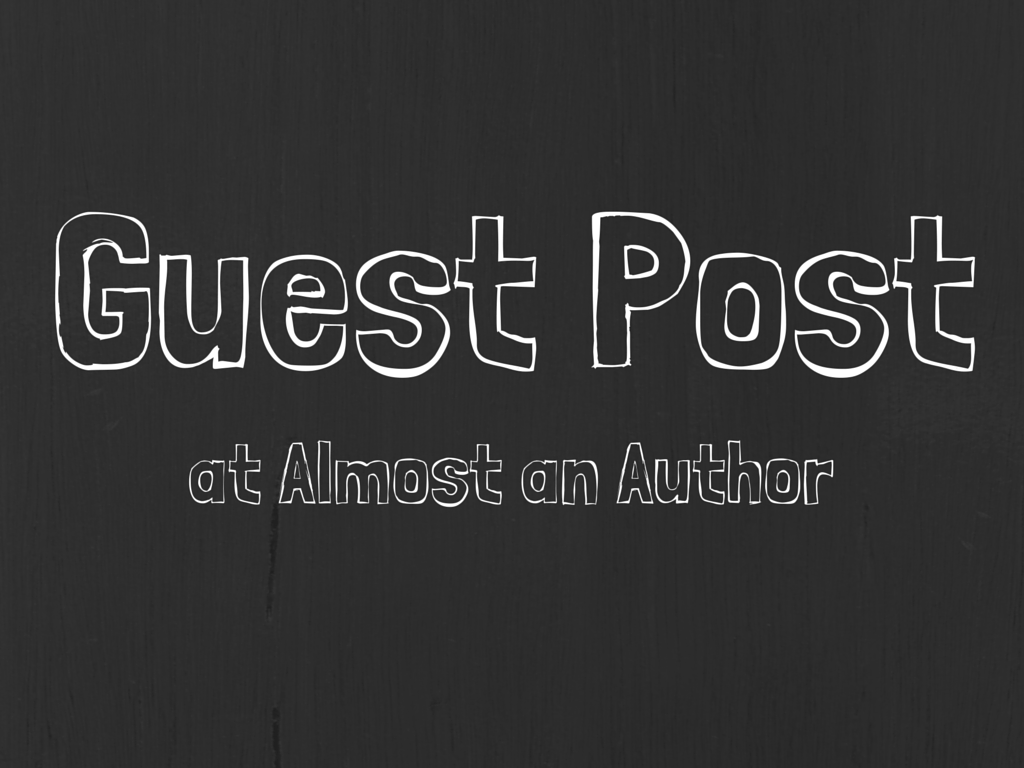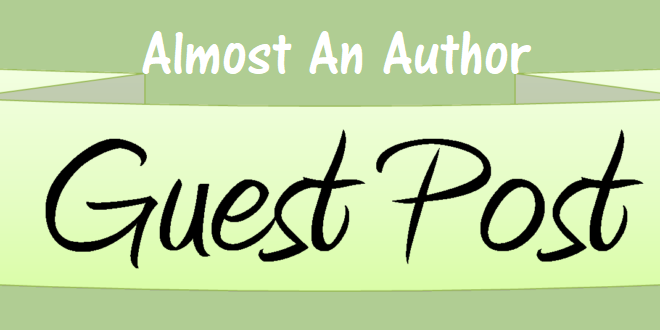by Laura L. Zimmerman
I went for a swim at 6:30 this morning.
Okay, not really, but in my story my I did. The characters in my book made the snap decision to hop in a pond and cool off. I hadn’t planned on this. In fact this swim doesn’t even have anything to do with the plot. But I wrote it, anyway. Ultimately, it was something they would do. So they did. It opened a door for conversation between two characters to grow closer and build trust.
This is a big deal for me. This never would’ve happened in the not-too-distant past. Until recently, I’ve functioned primarily as a ‘plotter’. I would plan and plot and outline my story, until I had it structured and polished. Then I would write.
But just over a year ago, I accidentally became a ‘pantser’. It wasn’t intentional. I had a scene for a new story that I wanted to get out of my head before it disappeared, but didn’t want to take the time to plot, since I was in the middle of writing another story. So, I sat and wrote the scene. Out of that scene came another, then another and another, until I had a third of the book written – something I hadn’t imagined possible without prior planning. The experience changed my perspective on a few things.
Here are four lessons I’ve learned about writing as a ‘pantser’:
- Personalities stay consistent.We’ve all been there – after a beta reader or critique group finishes a section of your manuscript, the dreaded comment slaps you in the face: The action of a specific character isn���t consistent with what we know of him/her up until that point. Ouch. As a plotter, I would take painful care to review each scene and evaluate a character’s reaction. However, this didn’t stop those pesky personalities from wandering off their beaten path, because I was so focused on sticking to that plot. But whenthe character directs the flow of the book, it’s easier to think about what would come naturally for him/her. What would the next decision be for the character, not for the plot? The plot will eventually come to pass, but allowing each character to react in a natural way, will connect the reader to those characters.
- There’s more conversation.I’ve spoken with plenty of writers who love the chance to tell their tale, but dread that dialogue! They agonize and worry over the words that come out of a character’s mouth. As a ‘pantser’, there’s no need to push to the next scene, as much asallowing the characters to take the reader to the next scene through conversation. I’ve found the characters share more meaningful words, once I allow them the privilege to speak freely.
- Fewer worries about the plot.But what about that plot, you ask? Of course, don’t abandon it all together – we’ve all experienced frustration as we’ve read a book with plot holes and inconsistencies. But when the characters ‘drive’ the story, those characters and the decisions they make become more important. Plot holes and inconsistencies can always be corrected during revision and editing. But the general flow of the book will be more credible if you allow for deep, connected characters.
- Beat that Writer’s Block. We’ve all cringed at that blank sheet of paper at some point. However, I’ve found this happens more often as a ‘plotter’, than it does now. When my brain felt forced to write something without inspiration, I couldn’t find the words. As a ‘pantser’, the words come easier when I ask myself, “What would this character do next?”
What about you? Are you a plotter or pantser? Which do you prefer? Feel free to comment below and share your experience!
Bio: Laura L. Zimmerman is a homeschooling mom to three daughters, and a doting wife to one husband. Besides writing, she is passionate about loving Jesus, singing, drinking coffee and anything Star Wars. You can connect with her through Facebook and Twitter and at her website, www.lauralzimmerman.com
.







